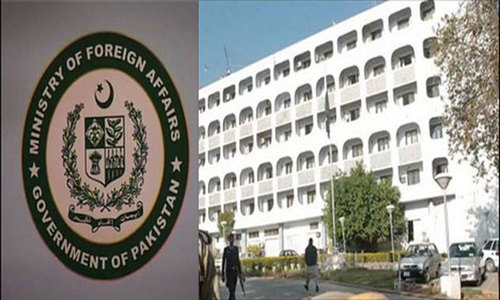UAE could get F-35 jets in side agreement to Israel peace deal, sources say

The United States is eyeing the sale of stealthy F-35 fighter jets to the United Arab Emirates in a side agreement to the UAE’s overtures to Israel, an industry insider who was part of the dialogue with government officials said on Wednesday.
A sale, which could reduce Israel’s military advantage in the Middle East, would come after Israel and the UAE said last week they would normalise diplomatic ties and forge a broad new relationship under an accord that US President Donald Trump helped broker.
At a news conference on Wednesday, Trump said the UAE was interested in buying F-35 fighter jets made by Lockheed Martin Corp, which Israel has used in combat.
“They’d like to buy F-35’s, we’ll see what happens, it’s under review.”
Israeli Prime Minister Benjamin Netanyahu, citing a need to maintain Israeli military superiority in the region, said on Tuesday his country would oppose any US F-35 sales to the UAE.
Any F-35 sale could take years to negotiate and deliver, giving a new US presidential administration ample time to halt the deal. Poland, the most recent F-35 customer, purchased 32 of the jets, but will not receive its first delivery until 2024. Any sale would also need congressional approval.
The industry source said the prospective jet sale was arranged with the help of Trump senior adviser and son-in-law Jared Kushner.
The Pentagon and the White House did not immediately respond to a request for comment. The potential F-35 deal was first reported by Israeli newspaper Yedioth Ahronoth.
Following the report, Prime Minister Benjamin Netanyahu's office released a statement saying that Israel has not softened its opposition to any US arms sales to the UAE that could diminish its military superiority as part of the US-brokered normalisation of their ties.
Under understandings dating back decades, Washington has refrained from Middle East arms sales that could blunt Israel's “qualitative military edge” (QME). This has applied to the F-35, denied to Arab states, while Israel has bought and deployed it.
Under the accord with the UAE, Israel agreed to suspend its planned annexation of areas of the occupied West Bank. The agreement also firms up opposition to regional power Iran, which the UAE, Israel and the US view as the main threat in the Middle East.
















































